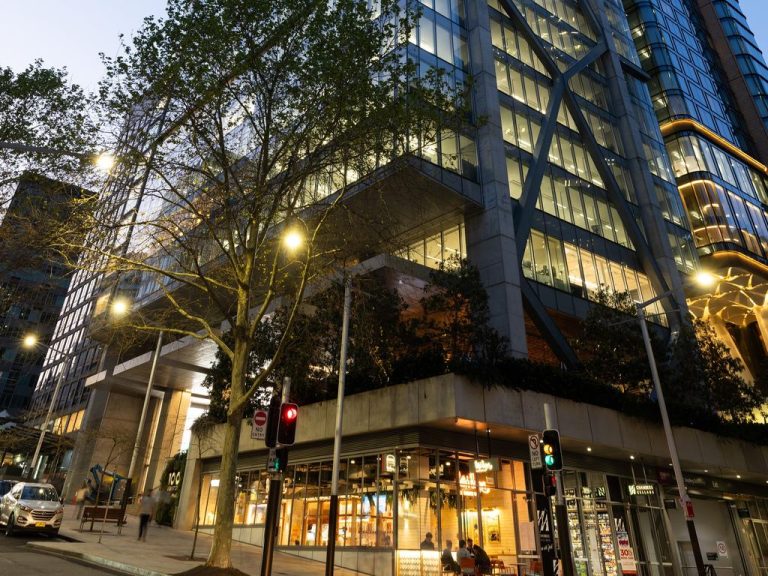Investing: which commercial property is right for you?

So, you’re thinking of investing in commercial property but not sure where to start. Well, that’s not surprising, given the hundreds of different options available to you.
The commercial property market includes service stations, car washes, industrial warehouses, professional offices, mixed residential, hotels and more, and each asset type offers a different mix of pros and cons.
To get you started, here’s a quick overview of the market’s three main sub-sections: office, retail and industrial.
The pros and cons of office investment
Typically used by professional service providers, offices are characterised by long lease periods, which can make them a solid investment in a struggling market.
However, this benefit becomes a burden if the market is performing well but the long-term lease does not include built-in annual rent increases, as this means owners cannot capitalise on the positive economic growth until the lease has expired.
On the flipside, offices attract a higher quality of tenant, as professional firms are more likely to maintain the building and fitout to a high standard than other commercial tenants.
To encourage tenants to sign a long-term lease, though, office owners often need to shell out substantial amounts of money for fit-outs, air-conditioning reconfiguration, internet services and security enforcements in between tenancies.
Office premises generally also require parking, which can add considerable cost to the initial purchase price. However, this must be weighed up against the fact that office properties typically provide high yields and solid capital growth.
The pros and cons of retail investment
Retail property is defined as properties primarily used to promote and sell consumer goods and services, such as restaurants and bars, service stations, gyms, neighbourhood shopping centres and more. It’s a popular asset type for investors, as it allows them to keep an eye on how their tenant’s business is performing. However, this heightened popularity means that yields for this asset type also tend to be lower than yields for office and industrial properties.
Location is crucial to the performance of many retail properties, which tend to charge higher rent per square metre than other commercial property types. And the internal fitout is important, too, with tenants typically paying to refresh their stores every four or five years to keep up with shifting consumer preferences.
The major downside of retail property is that its performance is subject to consumer confidence and wider economic performance, which means retail property owners often struggle with extended vacancy periods and late rental payments.
The pros and cons of industrial investment
Industrial property is classified as property used in the manufacture or storage of goods, or property involving the use of machinery, such as factories, workshops, warehouses and research facilities.
Industrial properties generally provide higher yields than retail or commercial investments and are associated with longer lease periods due to the specialised nature and fitout of the facilities required by tenants.
The specialised and extensive nature of these fitouts mean that industrial properties are expensive to build and maintain, and so investors need to have deep pockets to cover expenses in the event of an extended vacancy, which is more likely in this sector, as industrial properties are most vulnerable to changes in the economy.
However, tenants of industrial properties commonly pay higher rents to amortise the high costs of these specialised fitouts, and, at the end of the lease period, the landlord retains improvements to the property, which often means that they can command higher rents for the property when they re-lease it.
Finally, the higher yields typically offered by industrial properties are somewhat tempered by the sector’s relatively lower capital growth.
Commercial property: where to from here?
Commercial property investment is complex and typically brings higher risks than residential property investment, and so you should always seek independent expert advice from qualified property, management and accounting professionals before submitting an offer on a property.







